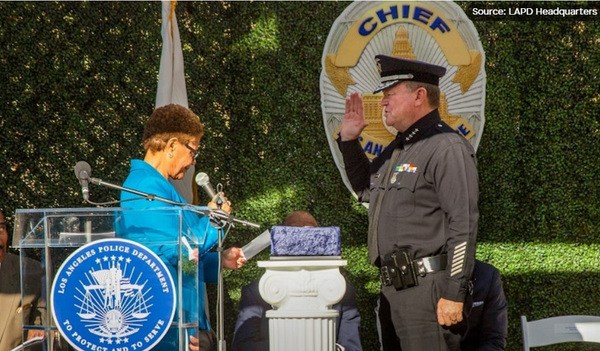
A recent focus group organized by Harris supporters in western Pennsylvania revealed the sentiments of voters who had previously supported Trump but were now undecided. One participant described Republicans and Donald Trump as 'crazy' and 'preachy,' highlighting a sense of alienation from the Democratic Party.
Following the 2020 election, Democrats are grappling with the unexpected support for Trump and the party's losses in various demographics. Questions arise about the appeal of Trump and the failure to connect with working-class voters.
Democrats are facing a period of introspection, with discussions on the need for a more representative leadership that resonates with ordinary Americans. The party is reevaluating its strategies, focusing on engaging with diverse voices and addressing economic concerns beyond traditional party lines.
Key figures like Illinois Governor JB Pritzker are analyzing the election results to understand the shifting political landscape. The party is also considering the impact of messaging and policy decisions on voter perceptions.



As Democrats navigate the post-election landscape, there is a call for a more inclusive approach that prioritizes the concerns of everyday Americans. Leaders like Rep. Pat Ryan emphasize the importance of aligning with the people rather than elite power structures.
The party is reevaluating its messaging and outreach strategies to bridge the gap with voters who supported Trump. There is a growing recognition of the need for a more diverse and relatable leadership that reflects the American experience.
Moving forward, Democrats are focusing on engaging with a broader audience and redefining what it means to be a Democratic leader. The party is exploring avenues to connect with voters across different demographics and regions to rebuild trust and relevance.







